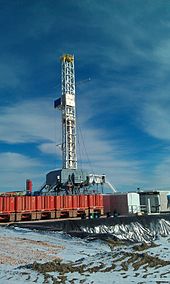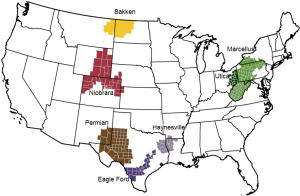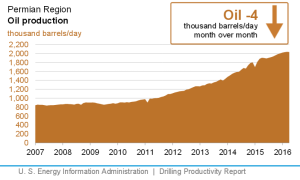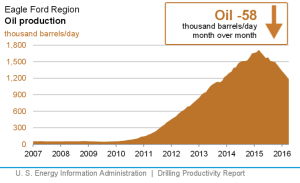The Texas Supreme Court recently addressed how a bequest in a will of a double fractional oil and gas interest should be interpreted in Hysaw v. Bretton et al in an opinion entered on January 29, 2016. A double fraction occurs when an instrument expresses a royalty interest as the product of two fractions, such as “1/4 of the usual 1/8 royalty”. The problem with using a double fraction in a deed or a will is that it is not often clear whether the instrument has created a fixed or “fractional royalty”, or a floating “fraction of” royalty in situations where the lease provides for a royalty different than 1/8. Back in the day, royalties were almost always 1/8. However, these days royalties are usually not 1/8: they can range from 10% to 30% or more. So the question becomes whether the testator or grantor meant for the beneficiary or grantee to get 1/4 times 1/8, i.e., 1/32, no matter what the actual royalty is or whether the term “the usual 1/8” was meant as a stand-in figure to represent whatever the actual royalty is. For even a moderately producing oil or gas well, this difference can represent a lot of money over the life of the well. The dispute in this case was between the children’s heirs, some claiming the will intended a fractional interest of 1/32 royalty and others claiming that the will intended a floating fraction of 1/3 of whatever the royalty was.
Ethel Hysaw executed a will in 1947, dividing her three tracts among her three children. The fee simple distribution was as follows:
● Inez received 600 acres from a 1065 acre tract,







